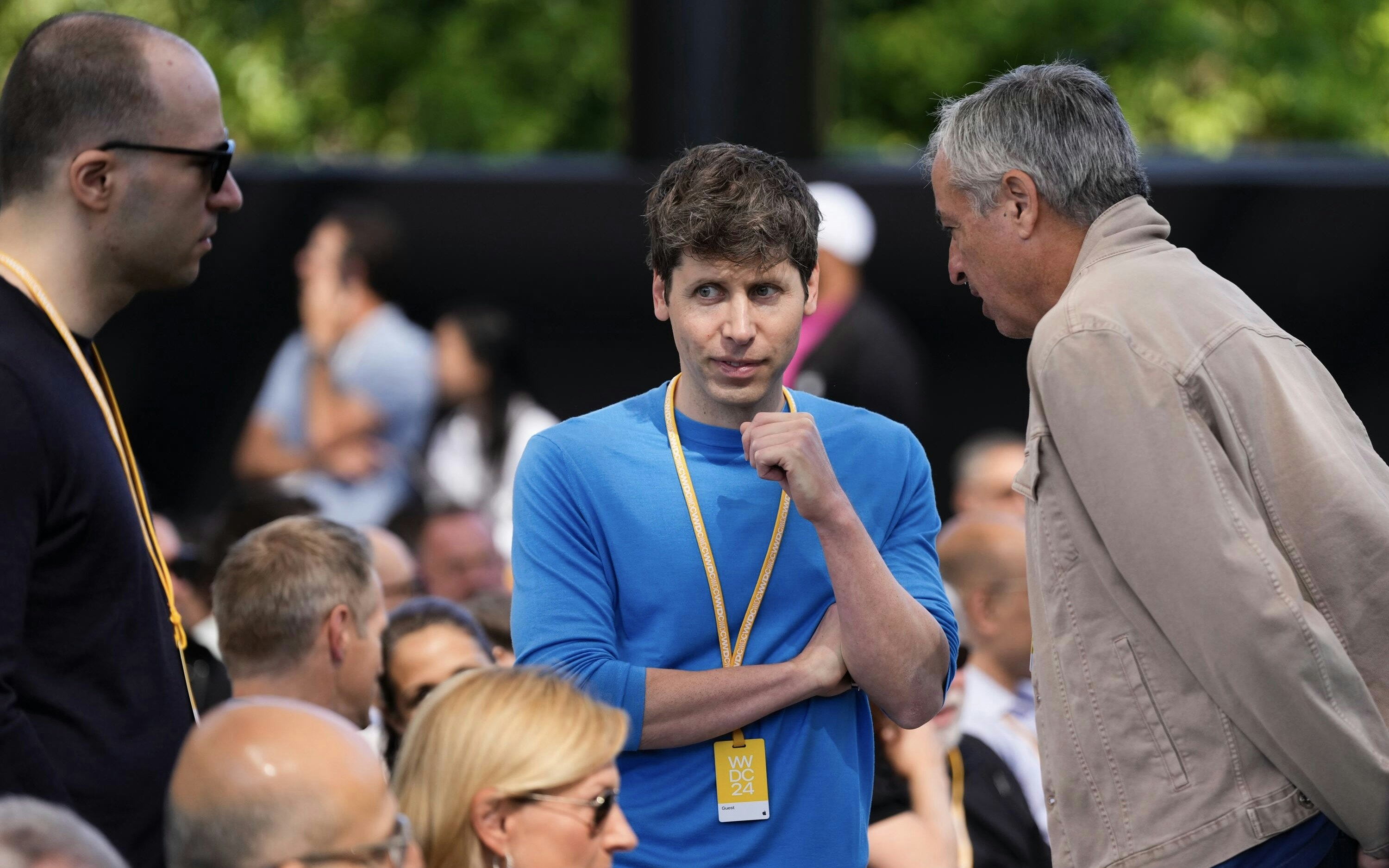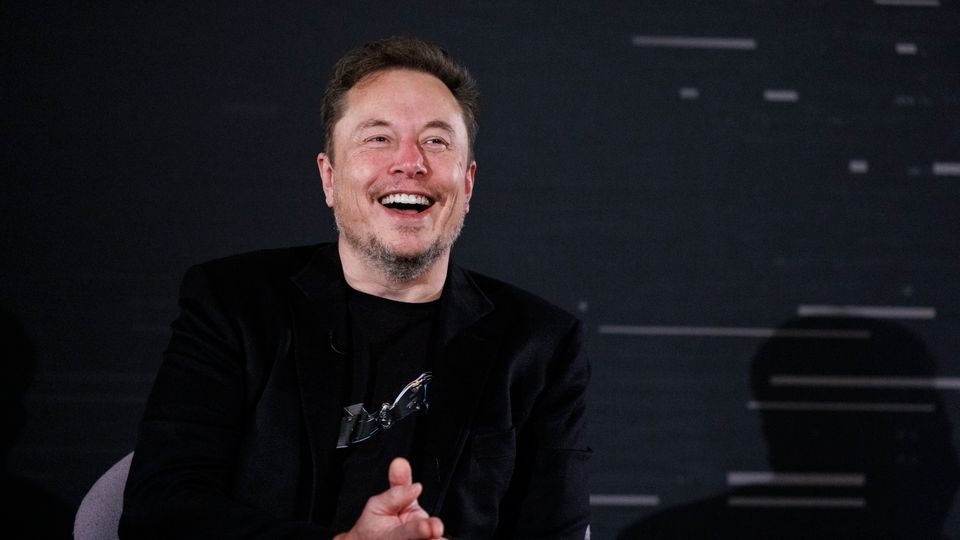OpenAI has taken a significant step into the realm of scientific discoveries with a new AI model.
Retro Biosciences, a company aiming to extend the human lifespan by ten years, had asked OpenAI for collaboration about a year ago. The contact was no coincidence – OpenAI CEO Sam Altman had previously funded the company with 180 million US dollars. The joint project focuses on optimizing the so-called Yamanaka factors, a group of proteins that can transform skin cells into versatile stem cells. So far, this process has been inefficient and time-consuming.
GPT-4b micro uses extensive datasets of biological sequences and protein interactions to design new variants of Yamanaka proteins. According to OpenAI, the AI-generated designs are superior to those of human researchers and could pave the way for more efficient applications in regenerative medicine in the long term.
Retro-CEO Joe Betts-Lacroix praised the quick and unexpectedly good results: "We tested the model directly in the lab and immediately made real progress." Nevertheless, it remains unclear how the AI model makes its predictions – a challenge that reminds researchers of earlier breakthroughs like AlphaGo.
The influence of collaboration extends beyond scientific results. The close connection between Retro Biosciences and Altman, who is already criticized for numerous investments in tech startups, raises questions about potential conflicts of interest. However, OpenAI emphasized that Altman is not directly involved in the project and that the company operates independently of his private investments.





